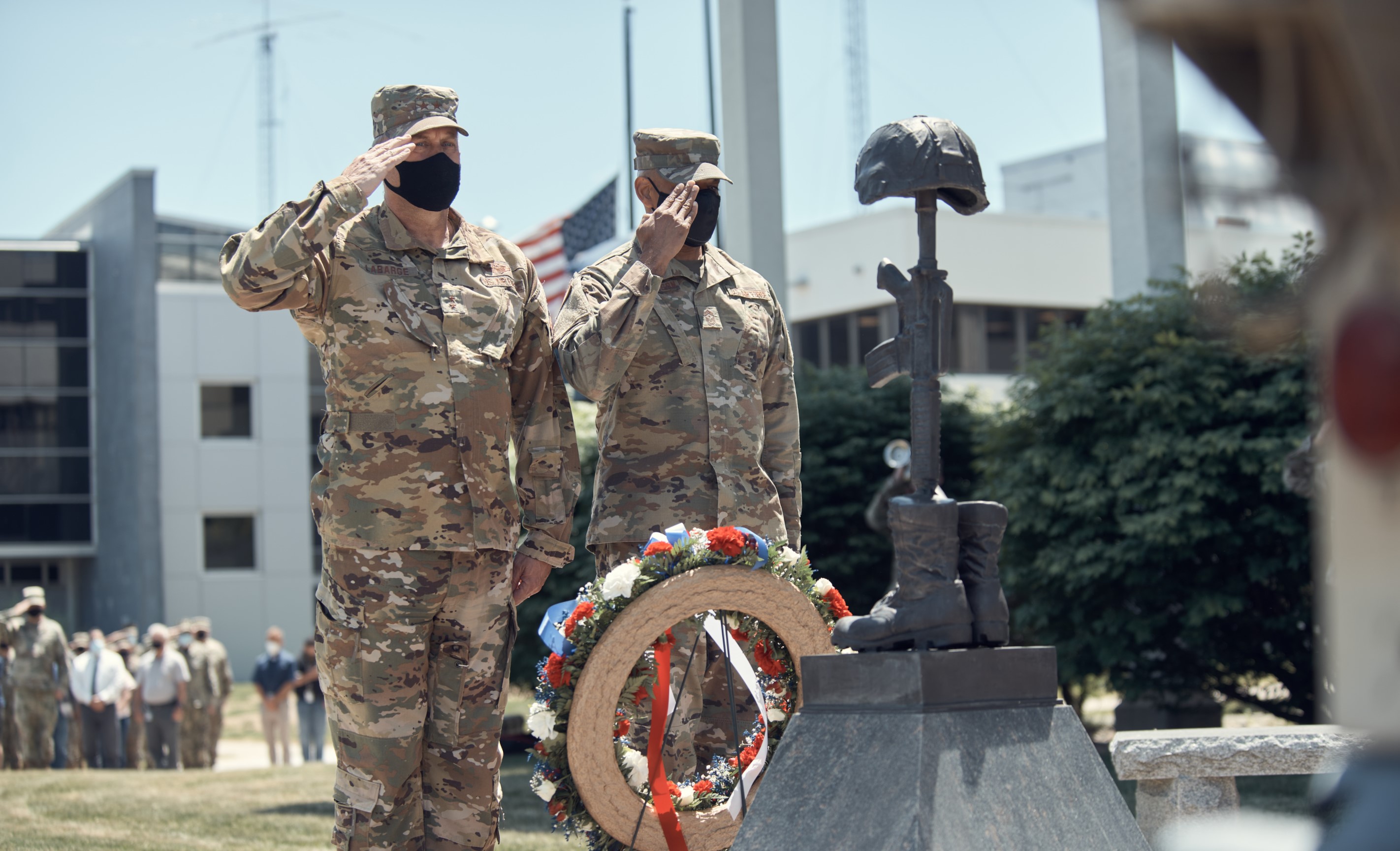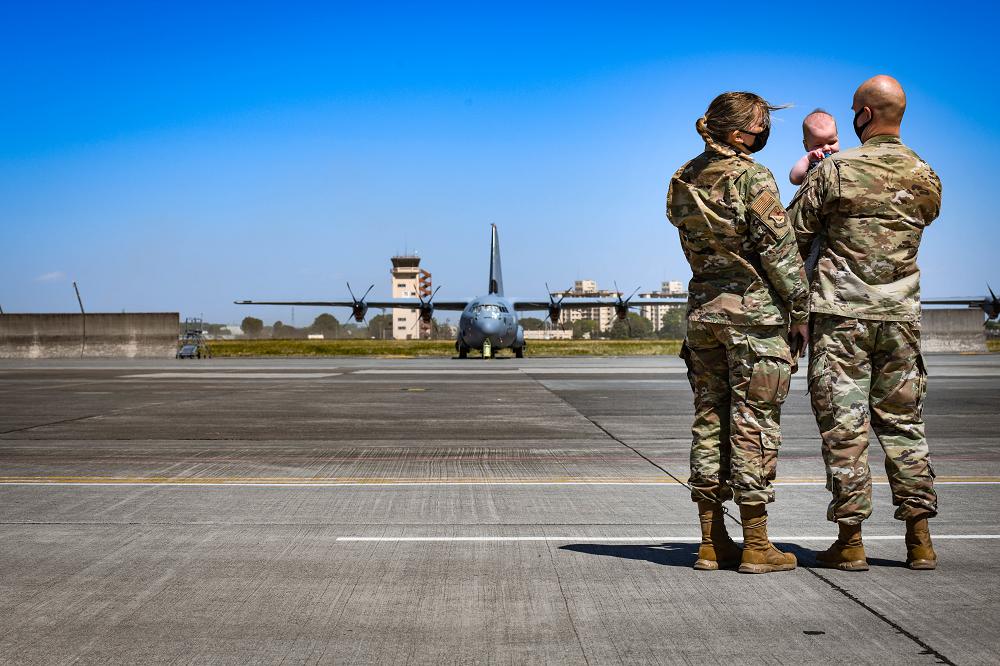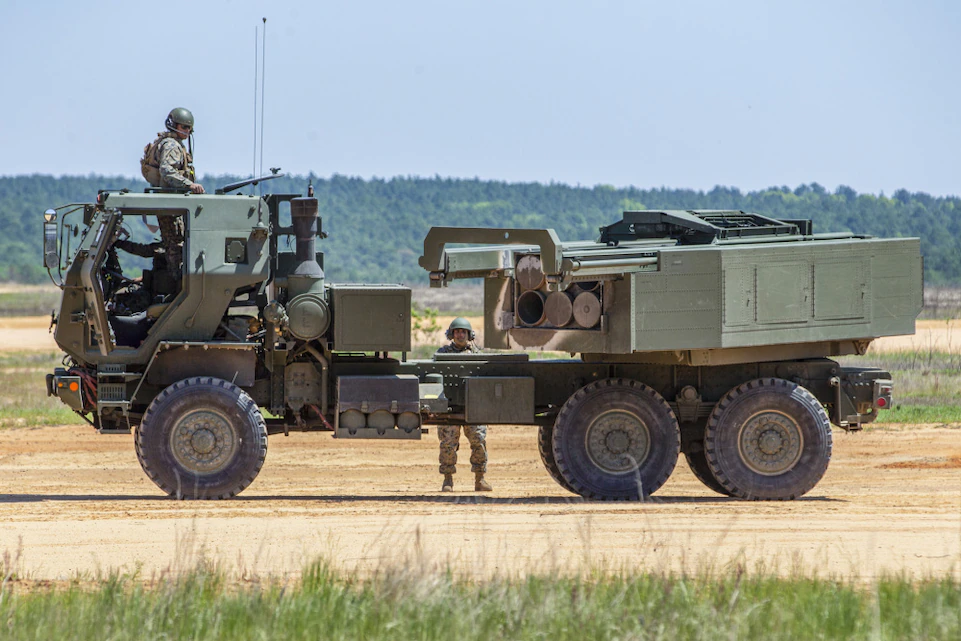- Details
- Hits: 1350

May 2021 - The Idaho National Guard and the Veterans Pantry in Kalispell Montana scored pallets of Biofreeze® Pain Relief Muscle Balm 3 oz gel tubes. The Idaho Guard received 3 pallets with enough to serve 4,950 people @ 2 tubes each. The Idaho donation is worth $118,602. The Veterans Pantry in Kalispell Montana requested 1 pallet, which gives 1,650 vets pain relief @ 2 tubes per vet. A $39,534 value. Proof our beautiful country is full of great and generous people and companies. Veterans can learn more about alternative pain management here.
From the Donor-Manufacturer
Biofreeze® is Alternate Pain Management - Your First Line of Defense Against Musculoskeletal Pain. With the rising abuse of opioids as well as the risks and side effects of pain medication, many people are searching for non-pharmacological solutions to address their acute and chronic pain. Learn more here
- Details
- Hits: 1702

May 2021 - In addition to the first round of 14 pallets, Guard and Reserve servicemembers in Florida got hit with another 10 pallets of Biofreeze® Pain Relief Muscle Balm 3 oz gel tubes. That’s $395,340 more! 33,000 additional individual units to pull from as needed!
SupportOurTroops.Org delivered them for free to 2-54th Security Force Assistance Battalion (INF), 3-54th Security Force Assistance Squadron (CAV), 164 ADA BDE,
HQ, 83TC, HQ, 1-111 AV, HQ, 3/20 SFG, HQ, TF83 (COVID)
Read more: Big Florida Freeze Deepens as Guard and Reserve Hit with More Biofreeze!
- Details
- Hits: 1307

May 2021 - Guard and Reserve servicemembers in Florida scored 14 pallets of Biofreeze® Pain Relief Muscle Balm 3 oz gel tubes. That’s $553,476 worth. 23,000 individual units to pull from as needed!
SupportOurTroops.Org delivered them to HQs 53RD BDE SPT BN, 2-116th Field Artillery (FA), 1-124th Infantry Battalion (INF), 753d Brigade Engineer Battalion (BEB), 53D Brigade, 2-124th Infantry Battalion (INF), 1-153rd Cavalry Squadron (CAV).
The makers of Biofreeze donated this product to Support Our Troops, Inc. in appreciation for what America’s active duty, reserve, deployed, and stationed military servicemembers do every day to keep our families safe every day. SOT handled all of the necessaries, logistics and paid the freight to deliver it to you. It’s a team effort.
- Details
- Hits: 1420
 LATHAM, N.Y. - Air Force Maj. Gen. Timothy LaBarge, assistant adjutant general for New York, and Air Force Command Chief Master Sgt. Denny Richardson, state command chief for New York, render honors while taps is played during a Memorial Day service in Latham, N.Y., May 27, 2021. Each year the facility holds a service to recognize New York Guardsman who died the previous year.
LATHAM, N.Y. - Air Force Maj. Gen. Timothy LaBarge, assistant adjutant general for New York, and Air Force Command Chief Master Sgt. Denny Richardson, state command chief for New York, render honors while taps is played during a Memorial Day service in Latham, N.Y., May 27, 2021. Each year the facility holds a service to recognize New York Guardsman who died the previous year.
LATHAM, New York – The New York National Guard’s headquarters remembered 10 Soldiers and Airmen who died in the past year – on duty and off – during a short Memorial Day ceremony May 27.
Those memorialized this year included Chief Warrant Officer 5 Steven Skoda, Chief Warrant Officer 4 Christian Koch and Chief Warrant Officer 2 Daniel Prial, who died in a UH-60 crash outside Rochester; and Spc. Justin Grennell, who died while on duty in Washington, D.C., serving on the security mission there.
Read more: NYNG remembers sacrifice in Memorial Day ceremony
- Details
- Hits: 1615
 Staff Sgt. Ryann Holzapfel, 374th Airlift Wing Public Affairs craftsman and her husband, Staff Sgt. Brendan Miller, Armed Forces Network Tokyo broadcaster, stand on the Yokota flight line with their six-month-old son at Yokota Air Base, Japan, April 26, 2021. Holzapfel and Miller plan on visiting the U.S. in the near future to introduce their son to their families in person for the first time. (photo by Staff Sgt. Kyle Johnson)
Staff Sgt. Ryann Holzapfel, 374th Airlift Wing Public Affairs craftsman and her husband, Staff Sgt. Brendan Miller, Armed Forces Network Tokyo broadcaster, stand on the Yokota flight line with their six-month-old son at Yokota Air Base, Japan, April 26, 2021. Holzapfel and Miller plan on visiting the U.S. in the near future to introduce their son to their families in person for the first time. (photo by Staff Sgt. Kyle Johnson)
YOKOTA AIR BASE, Japan (AFNS) --
When I was 14 years old, at least once a week I would have dreams about anxiously waiting for my father’s return home from his deployment to Iraq. In the dream, I would be inside our home full of excitement and ready to welcome him with a huge hug.
Read more: Raised on resiliency: How military parents shape their child’s experiences
- Details
- Hits: 1409
 ROLLING THUNDER Photo by Pfc. Sarah Pysher
ROLLING THUNDER Photo by Pfc. Sarah Pysher
“Currently we are shooting in support of the 23rd Marine Regiment as they execute EABOs against the 9th Mechanized Infantry Brigade,” said 1st Lt. Cordel Frovarp, field artillery officer with 1st Battalion, 10th Regiment. "This training is in line with the Marine Corps Force Design 2030, as we start to prepare for combat in anti-area access denial environments."
- Military siblings find adventure in their journey
- 15 years later, pilots reunite for Mideast flight mission
- 600 Soldiers deploy in support of Combined Joint Task Force – Horn of Africa
- North Carolina, February 26, 2021
- U.S. Naval Forces and Japan Maritime Self-Defense Forces Conduct Bilateral Mine Warfare Exercise
- Desert Storm veteran influences daughter’s call to service


